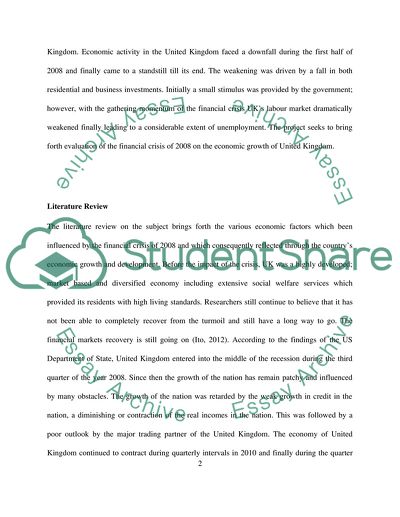Cite this document
(“The Effects of The Financial Crisis of 2008 on the UK Economic Growth Dissertation”, n.d.)
Retrieved from https://studentshare.org/macro-microeconomics/1594812-the-effects-of-the-financial-crisis-of-2008-on-the-uk-economic-growth
Retrieved from https://studentshare.org/macro-microeconomics/1594812-the-effects-of-the-financial-crisis-of-2008-on-the-uk-economic-growth
(The Effects of The Financial Crisis of 2008 on the UK Economic Growth Dissertation)
https://studentshare.org/macro-microeconomics/1594812-the-effects-of-the-financial-crisis-of-2008-on-the-uk-economic-growth.
https://studentshare.org/macro-microeconomics/1594812-the-effects-of-the-financial-crisis-of-2008-on-the-uk-economic-growth.
“The Effects of The Financial Crisis of 2008 on the UK Economic Growth Dissertation”, n.d. https://studentshare.org/macro-microeconomics/1594812-the-effects-of-the-financial-crisis-of-2008-on-the-uk-economic-growth.


